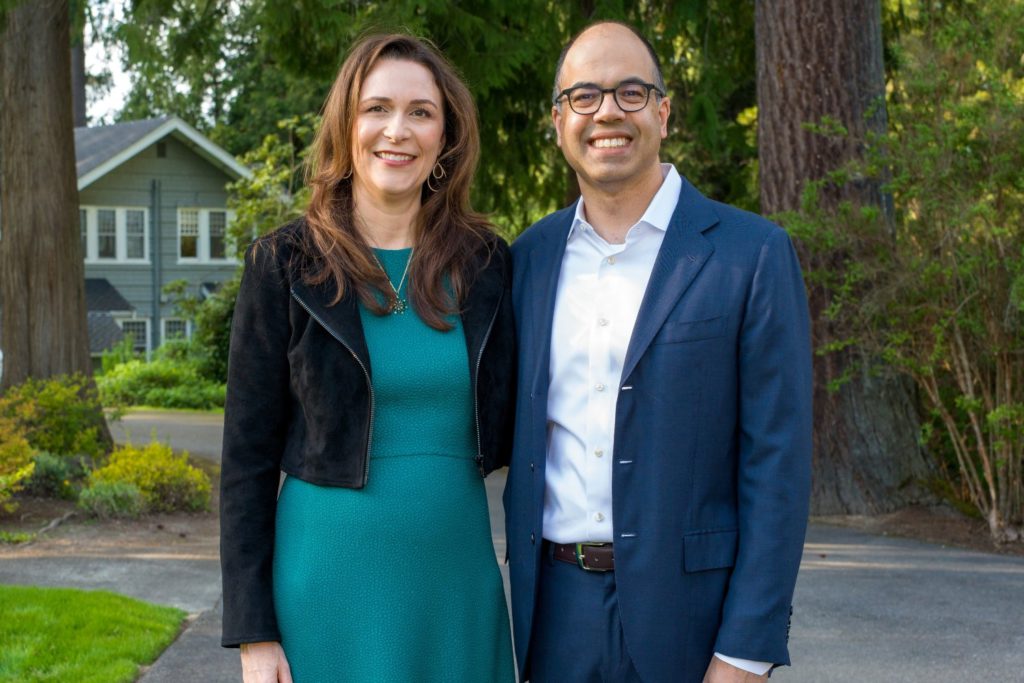The MIT Health and Life Sciences Collaborative (MIT HEALS) is launching the Biswas Postdoctoral Fellowship Program to advance the work of outstanding early-career researchers in health and life sciences. Supported by a gift from the Biswas Family Foundation, the program aims to help apply cutting-edge research to improve health care and the lives of millions.
The program will support exceptional postdocs dedicated to innovation in human health care through a full range of pathways, such as leveraging AI in health-related research, developing low-cost diagnostics, and the convergence of life sciences with such areas as economics, business, policy, or the humanities. With initial funding of $12 million, five four-year fellowships will be awarded for each of the next four years, starting in early 2026.
“An essential goal of MIT HEALS is to find new ways and opportunities to deliver health care solutions at scale, and the Biswas Family Foundation shares our commitment to scalable innovation and broad impact. MIT is also in the talent business, and the foundation’s gift allows us to bring exceptional scholars to campus to explore some of the most pressing issues in human health and build meaningful connections across academia and industry. We look forward to welcoming the first cohort of Biswas Fellows to MIT,” says MIT president Sally Kornbluth.
“We are deeply honored to launch this world-class postdoctoral fellows program,” adds Anantha P. Chandrakasan, MIT’s chief innovation and strategy officer and head of MIT HEALS. “We fully expect to attract top candidates from around the globe to lead innovative cross-cutting projects in AI and health, cancer therapies, diagnostics, and beyond. These fellows will be selected through a rigorous process overseen by a distinguished committee, and will have the opportunity to collaborate with our faculty on the most promising and impactful ideas.”
Angela Koehler, faculty lead of MIT HEALS, professor in MIT’s Department of Biological Engineering, and associate director of the Koch Institute for Integrative Cancer Research, emphasized that the objectives of MIT HEALS align well with a stated goal of the Biswas Family Foundation: to leverage “scientific and technological advancements to revolutionize health care and make a lasting impact on global public health.”
“Health care is a team sport,” Koehler says. “MIT HEALS seeks to create connections involving investigators with diverse expertise across the Institute to tackle the most transformative problems impacting human health. Members of the MIT community are well poised to participate in teams and make an impact.”
MIT HEALS also seeks to maximize its effectiveness by expanding collaboration with medical schools and hospitals, starting with defining important problems that can be approached through research, and continuing all the way to clinical studies, Koehler says.
The Biswas Family Foundation has already demonstrated a similar strategy.
“The Biswas family has a history of enabling connections and partnerships between institutions that each bring a piece to the puzzle,” Koehler says. “This could be a dataset, an algorithm, an agent, a technology platform, or patients.”
Hope Biswas, co-founder of the Biswas Family Foundation with her husband, MIT alumnus Sanjit Biswas SM ’05, also highlighted the synergies between the foundation and MIT.
“The Biswas Family Foundation is proud to support the MIT HEALS initiative, which reimagines how scientific discovery can translate into real-world health impact. Its focus on promoting interdisciplinary collaboration to find new solutions to challenges in health care aligns closely with our mission to advance science and technology to improve health outcomes at scale,” Biswas says.
“As part of this commitment,” Biswas adds, “we are especially proud to support outstanding postdoctoral scholars focused on high-impact cross-disciplinary work in fields such as computational biology, nanoscale therapeutics, women’s health, and fundamental, curiosity-driven life sciences research. We are excited to contribute to an effort that brings together cutting-edge science and a deep commitment to translating knowledge into action.”
AI and machine-learning systems present a new universe of opportunities to investigate disease, biological mechanisms, therapeutics, and health care delivery using huge datasets.
“AI and computational systems biology can improve the accuracy of diagnostic approaches, enable the development of precision medicines, improve choices related to individualized treatment strategy, and improve operational efficiency within health care systems,” says Koehler. “Sanjit and Hope’s support of broad initiatives in AI and computational systems biology will help MIT researchers explore a variety of paths to impact human health on a large scale.”
Frontiers in health-related research are increasingly found where diverse fields converge, and Koehler provides the example of how advances in high-throughput experimentation to develop large datasets “may couple well with the development of new computation or AI tools.” She adds that the four-year funding term provided by the postdoctoral fellowship is “long enough to enable fellows to think big and take on projects at interfaces, emerging as bilingual researchers at the end of the program.”
Chandrakasan sees potential in the program for the Biswas Fellows to make revolutionary progress in health research.
“I’m incredibly grateful to the Biswas Family Foundation for their generous support in enabling transformative research at MIT,” Chandrakasan says.
Source: Read MoreÂ




